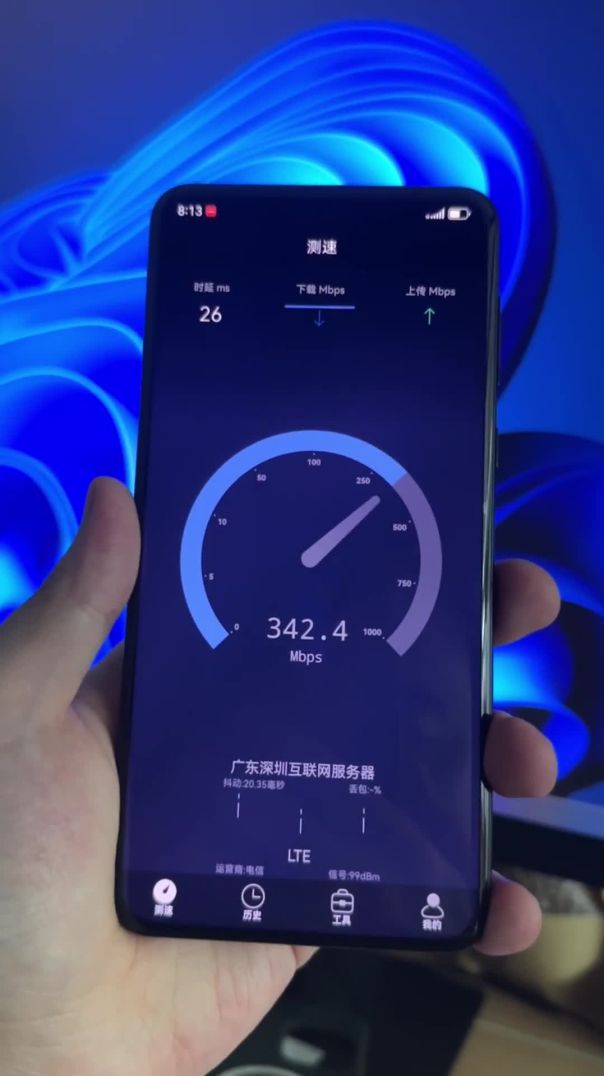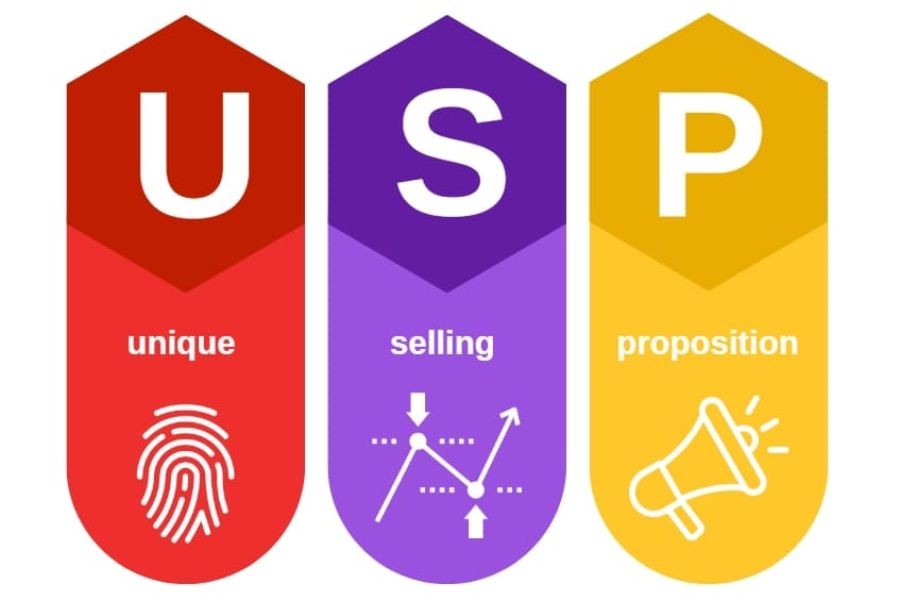Esports has exploded across the globe, transforming from niche online competitions into billion-dollar events broadcast to millions. In New Zealand, this revolution is gaining momentum. From Auckland to Dunedin, Kiwi gamers are not just playing—they're competing, streaming, and dreaming of turning their passion into a career. But how do you start a successful esports team in New Zealand?
Whether you're an ambitious player, a savvy entrepreneur, or a fan-turned-manager, this insider’s playbook will guide you through every step of launching and growing a competitive esports team in Aotearoa.
1. Define Your Vision and Game Focus
Before you recruit players or design logos, answer this: What is your esports team all about?
Which games will you compete in? (Popular NZ picks include Valorant, League of Legends, CS2, Rocket League, and Fortnite)
Are you aiming for regional dominance, or is your goal to enter international tournaments?
Do you want to focus on community and culture or go full competitive mode?
Having a clear mission helps shape every other decision, from branding to sponsorships.
2. Recruit the Right Players (Skill + Personality)
In New Zealand, raw talent is everywhere—but skill isn’t everything. Your ideal team needs to combine:
High-level competitive skills
Team synergy and communication
Emotional maturity under pressure
Commitment to training and growth
Platforms like Discord, Facebook Gaming NZ Groups, and even university esports clubs are great places to scout up-and-coming Kiwi talent.
💡 Tip: Build a trial system with clear benchmarks to evaluate players objectively.
3. Build a Strong Brand
Your brand is your identity and magnet for fans and sponsors. Think beyond a cool logo.
Team name: Unique, memorable, and culturally relevant (consider a nod to Māori culture, local geography, or Kiwi slang)
Visual identity: Logo, colours, typography – build consistency across social media and merchandise
Online presence: Instagram, TikTok, YouTube, Twitch, and a simple website or Vidude channel for content and updates
👉 Pro Move: Create video content showing behind-the-scenes scrims, player interviews, and highlight reels. Embed them on Vidude.com to build local exposure.
4. Set Up the Legal & Business Side
Even if you start as friends playing together, structure matters:
Register your team as a limited liability company or club
Open a separate bank account
Draft contracts for players (especially around prize money splits, streaming rights, etc.)
Consider using basic accounting software like Xero or Hnry (popular in NZ)
5. Practice, Scrim, and Enter Tournaments
Training is the backbone of esports success. Build a practice schedule and participate in online scrims or custom lobbies regularly.
Don’t wait for the “perfect moment”—enter smaller NZ tournaments like:
New Zealand Esports Federation (NZESF) events
PingZero LAN competitions
High School and Uni esports leagues (HSEL, UniGames)
Every match builds your reputation, ranking, and experience.
6. Partner with Sponsors and Backers
NZ esports is still growing, which means opportunity for early sponsors. Start small:
Local tech stores
Energy drink brands (like V or Monster NZ)
Streaming gear companies
NZ-based clothing or merch brands
Create a media kit with player bios, stats, and brand exposure potential. Offer social shoutouts, stream overlays, and merch collaborations in return.
7. Leverage Streaming and Content Creation
Esports success today is half competition, half content. Encourage your players to:
Stream regularly on Twitch/YouTube
Post gameplay clips, memes, and tutorials
Create team vlogs or mini-documentaries
Platforms like Vidude are perfect for showcasing your content to a Kiwi audience, building fan engagement, and creating a local community.
8. Join the NZ Esports Community
You’re not alone—connect with:
NZ Esports Federation (NZESF)
University esports clubs (e.g., UoA, Otago, Massey)
Local Discord servers and gaming meetups
Reddit communities like r/NZGaming
These connections will help you learn, collaborate, and potentially scrim with other NZ teams.
9. Plan for Growth
Once you're established, think about:
Expanding to multiple games
Recruiting coaches, analysts, or editors
Building merch lines or fan memberships
Collaborating with streamers or influencers
Always keep an eye on what’s working—and adapt your strategy based on feedback, data, and competition trends.
10. Stay Resilient and Keep It Fun
The journey won’t be easy. You’ll lose matches, deal with internet lags, and maybe even face burnout. But remember why you started: passion, fun, and building something awesome with your mates.
Success in esports isn’t just about the scoreboard—it’s about community, content, and consistency.
Pros and Cons of Starting an Esports Team in New Zealand
Pros:
- Growing Market: With increased internet penetration and a tech-savvy population, the esports market in New Zealand is ripe for growth.
- Community Support: New Zealand's close-knit communities can offer strong local support for homegrown teams.
- Environmental Commitment: Incorporating sustainability aligns with national values, attracting eco-conscious players and sponsors.
Cons:
- Limited Infrastructure: Compared to other countries, New Zealand may lack the extensive infrastructure needed for large-scale esports events.
- Competition: The global nature of esports means competing with international teams for talent and sponsorships.
- Regulatory Challenges: Navigating local regulations regarding online gaming and sponsorship can be complex.
Final Thoughts
Starting an esports team in New Zealand is more achievable than ever. The infrastructure is growing, talent is rising, and brands are beginning to take notice. With the right mindset, preparation, and hustle, your team could be the next Kiwi breakout on the international stage.
🎮 So pick a name, gather your squad, and press start—your NZ esports legacy awaits.
Related Search Queries
- Esports teams in New Zealand
- Sustainable esports practices
- New Zealand gaming market
- Local esports tournaments NZ
- Building an esports brand






























